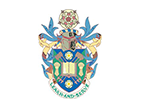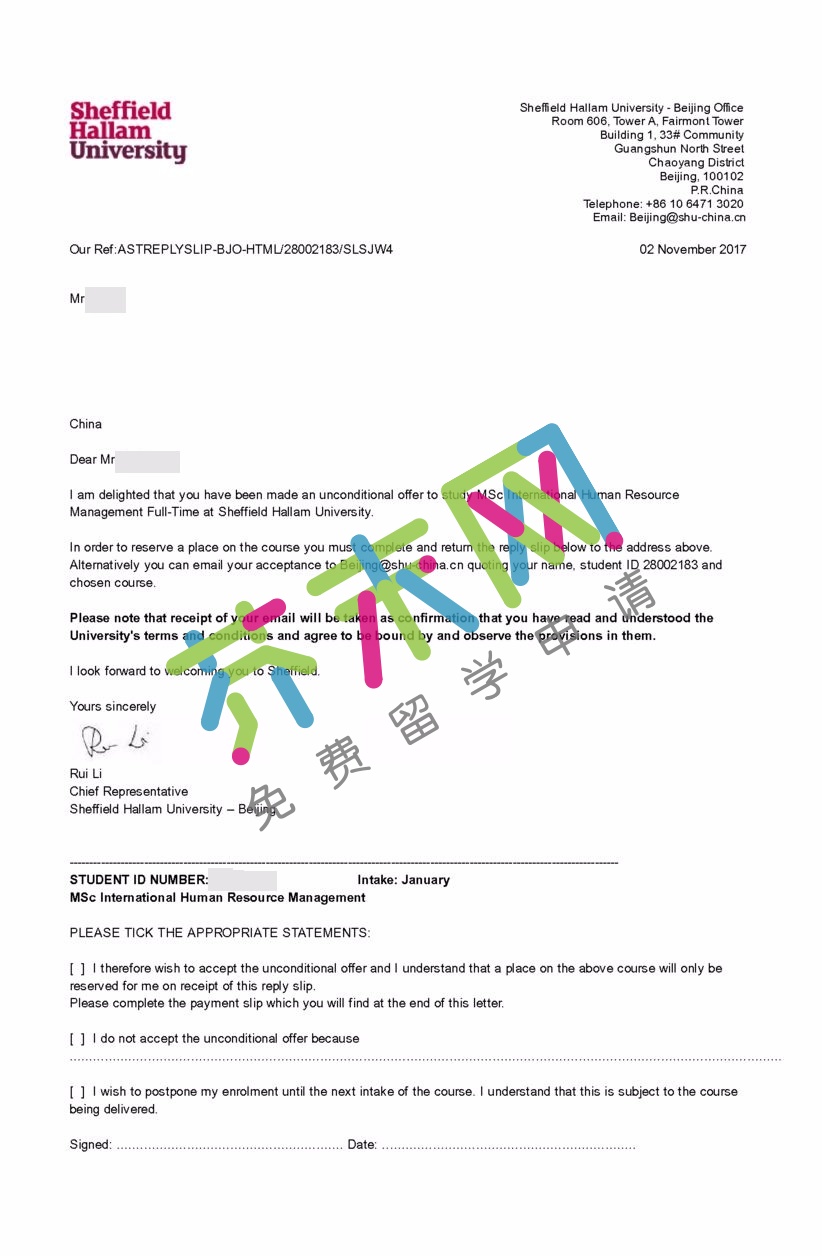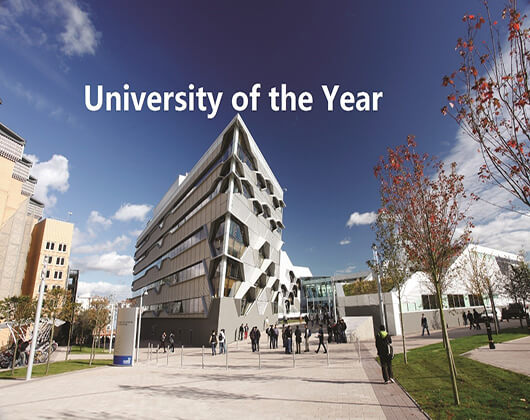rganisation analysis and design • cross-cultural leadership • international human resource development • context of HR • research methods (part1) Semester two – postgraduate diploma modules • comparative approaches to international employee relations • international strategies for HRM • information and financial management for HR • organisational ethics and corporate social responsibility • research methods (part 2) Semester three – MSc modules • dissertation – this is a major project geared to your interest and based on an area of strategic or international importance. Your research must be carried out in an organisational setting. Module descriptions The context of HRM This module provides learners with an understanding of the principal external and internal environmental contexts of contemporary international organisations, including the managerial and business context, within which HR professionals, managers and workers interact in conditions of environmental turbulence, change and uncertainty. Secondly, the module examines how those leading organisations respond to these dynamic environmental contexts in terms of developing and implementing HR practices and policies. Thirdly, the module indicates how those in the HR function, and line managers with HR responsibilities, need to recognise and acknowledge that corporate decisions and HR choices are not always shaped by managers alone; they are also shaped by internal and external forces beyond their immediate control. Organisation analysis and design The aim of this module is to develop the ability to critically evaluate those aspects of organisation theory that are closely related to organisation design and the human architecture of organisations. To be able to place those understandings in and international and multinational context and develop the students understanding of the key controversies in organisational design. Cross-cultural leadership The aim of the module is to raise students' awareness of how leadership behaviours are influenced by both background and organisational context and that leadership has a profound impact on organisational success. The module focuses on how leadership and culture influence and are enacted in the international environment whether this is in emergent or mature economies. International human resource development The module aims to develop students’ understanding of the strategic importance of human resource development. The module focuses on how HRD can impact on organisational success, exploring international HRD strategy making and the value and impact of individual, team and organisational approaches to people development. The module also explores the skills and competences required of HRD professionals. Comparative approaches to international employee relations The aims of this module are to enable students to develop a comprehensive and systematic knowledge of the employment relationship and how this impacts upon organisational management and performance. Importantly the module aims to connect how employee relations reflect the changing nature of work within society, politically, economically and socially. Drawing upon differing theories and concepts of power and conflict the module will reflect the differences in views about employment regulation, policy and procedure and ask students to critically analyse the implications and impacts upon organisational practice locally, nationally and globally. International strategies for HRM The aim of the module is to raise students' awareness of how they can contribute to management decision-making and strategic HR policy-making in an international and comparative contextual environment. The module focusses on how international strategies for HRM impact on employment, resourcing and management development issues in a complex global environment and explores the impact of political, social and economic change on HRM in both mature and emergent economies. Information and financial management for HR Information is essential to the effective management and efficient operations of any business organisation, but the increasing use of technologies in delivering that information has meant today’s managers are continually bombarded with data and facts from multiple sources. As a consequence all managers including those responsible for managing human resources should be able to interpret, manage and analyse these facts and data to provide quality information capable of informing their decision making, planning and control. Organisational ethics and corporate social responsibility The module aims to equip students who will be working in an international context with an awareness of the role of the HR professional in shaping organisational strategies for ethical behaviour and corporate social responsibility. As future global HRM citizens the module will seek to develop a critical awareness of the current and future issues facing HR practitioners and to provide them with the expertise to give advice and guidance in the policy areas of the subject discipline. The students will also be challenged to explore their own professional and personal practice as HR practitioners. Research and methodology This module prepares you for your dissertation and equips you with the skills to interpret and evaluate published research so you can develop evidence-based HR policy. You develop your knowledge and understanding of methodological and philosophical issues in research and also your capability to design a research project and select, justify and execute appropriate research methods.
 日本
日本
 韩国
韩国
 英国
英国



























